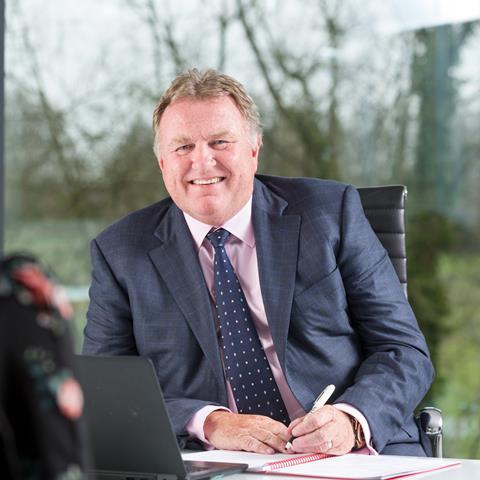Housebuilder also recorded record profit in 15-month period
An extended reporting period and improving cost picture in the capital helped Hill Group to break the £1bn turnover barrier for the first time in its history.
In its annual results, published today, the housebuilder revealed it had taken in £1.15bn in the 15-month period to 31 March this year.
The group chose to extend its reporting period to this date to align its financial year-end with that of its many joint venture partners.

Revenue for the period compared favourably with the £716.1m recorded in the 12 months to 31 December 2022, even taking into account the additional period.
The report said this reflected reduced cost pressures, particularly in its London a Special Projects regions which operate largely within the M25.
“Activity levels across the capital have fallen generally, resulting in increased demand for work from our supply chain,” it said.
“This has also allowed these regions to increase output volumes, enhanced further by the additional three-month activity from the extended financial reporting period”.
Andy Hill, founder and group chief executive of Hill Group and who this year re-entered the Sunday Times Rich List with an estimated fortune of £520m, said: “These outstanding results, recorded during a challenging political and economic market, are testament to the resilience of our business, the high quality of our developments, and most importantly the dedication of all our staff and supply chain partners.
“Achieving revenues in excess of £1.1bn and record profits is an important milestone for The Hill Group, which together with our strong balance sheet and impressive development pipeline positions us for further sustained growth in the years to come.”
Hill Group recorded pre-tax profit of £70.1m, 6.9% higher than the £65.6m recorded in the shorter 2022 period.
It also delivered 2,886 new homes in the 15-month period, which it ended with 12,900 homes with detailed or outline planning permission within an overall development pipeline of 27,000 units.
This represents around £10bn of potential future revenues, according to the firm.




























No comments yet